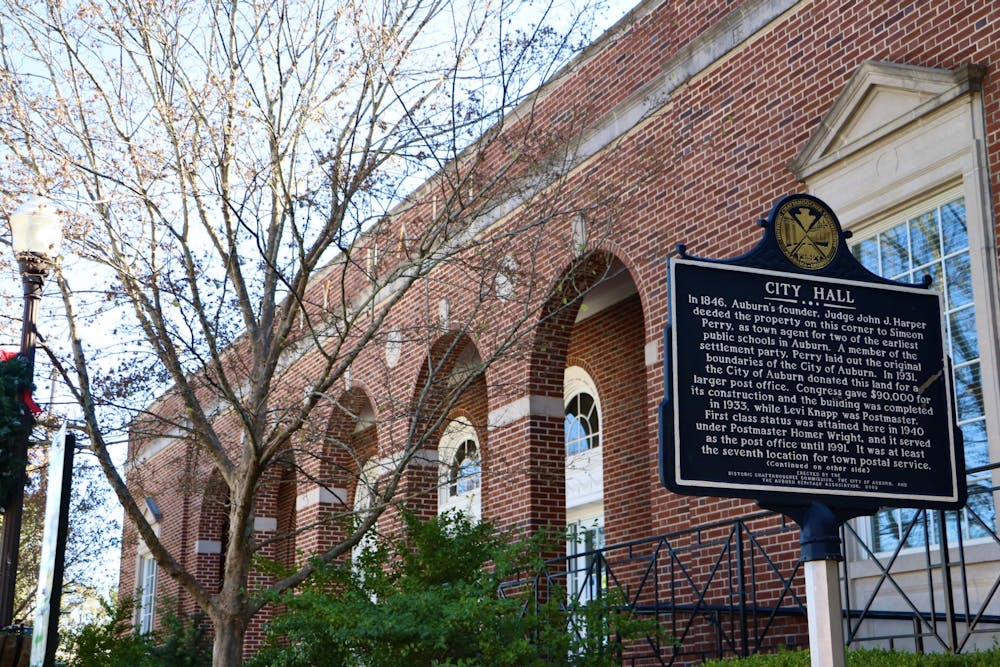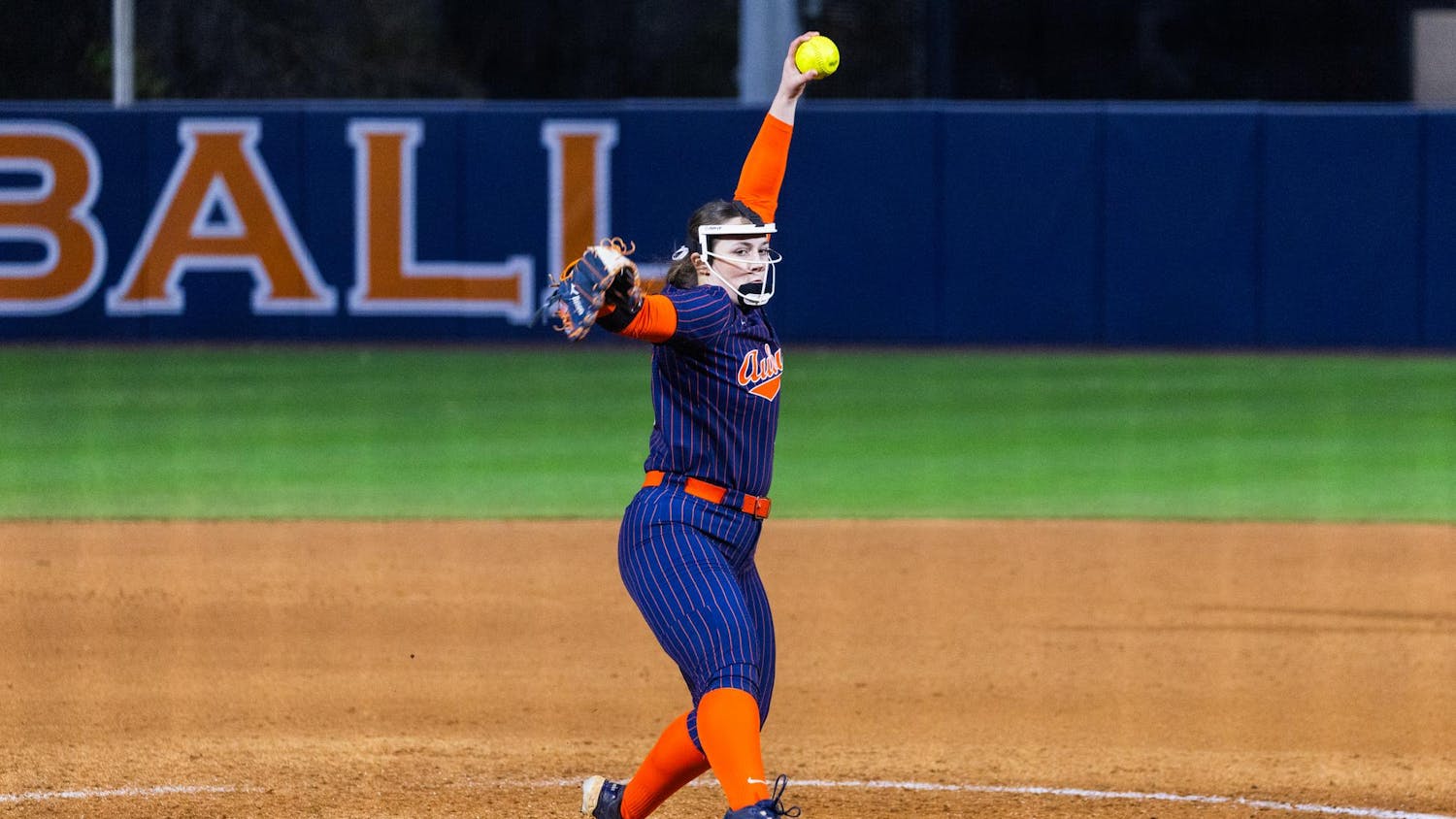Auburn University’s decision to limit its football stadium capacity to 20% will only allow for premium seat holders, students and guests of the competing players to attend. This will lessen the number of football fans staying in Auburn hotels, visiting Auburn restaurants and rolling Toomer’s Corner.
The City is budgeting for the 2020-2021 fiscal year to exclude any additional revenue that would usually come from football-related sales and activities, said City Manager Jim Buston. The City typically sees higher sales tax revenue during football season.
There is no set revenue the City gets from football season, as it depends on the number of home games and which games are played at home, Buston said. August through November are the months that would typically see extra revenue.
The City is using data for January through March to estimate revenue to the fall if no football games were to occur.
“Comparing those, [our revenue] is around $2 million into our coffers,” Buston said. “It varies depending on what the games are or whether we’re winning.”
Multiple businesses in Auburn are much more heavily reliant on sales from football season, Buston said. City government will not be impacted by a lack of football fans nearly as much as local businesses will.
Football season taxes account for 2% of the City’s annual budget. The City used to be completely dependent in the University, Buston said. Auburn began to diversify the economy in the 1980’s, bringing alternatives to University jobs.
“We now have as many jobs in [industry and] manufacturing as we do at the University,” Buston said. “That has helped to grow the population, so there are a number of people in the community who are really not related to the University for their livelihood.”
The City and local businesses are not as reliant on the University as they were 20 or 30 years ago, Buston said. The City wants to look into the future to keep the economy from being dependent on any one business.
Without hosting fans in the City, there will be fewer public safety and cleanup expenses. While the University is responsible for safety and cleanup on campus, the City incurs most of those costs when off campus.
“[Cleanup] is especially expensive when our team is winning, and we’re rolling Toomer’s Corner every weekend,” Buston said. “The revenues [during football season] far exceed the expenses.”
Buston does not expect to see a significant number of sports fans in Auburn now that most will not be allowed to attend football games.
Some people may want to roll Toomer’s Corner if the team is winning, but Buston expects this to be smaller crowds of mostly local residents.
“We want to make sure that [visitors to Auburn] understand what the governor’s rules are and that we are enforcing those rules,” Buston said. “On the other hand, I don’t think we’re seeing … [students who are] willing to follow the rules. This past couple of weekends have not been … a shining example of what we’d like to see in our community.”
Buston said that as the City has diversified its economy, the University has diversified its public offerings. Football is no longer the University’s primary draw for out-of-town visitors.
“The University just became a premier research institution,” Buston said. “What’s happening at the technology park … [Auburn] is the only University in the state to have that. It’s growing to where high-tech businesses are starting to think about locating there.”
A lack of football fans does not mean a lack of travelers altogether, Buston said.
The City government is prepared to operate for the next fiscal year, even if Auburn ultimately cancels their football season.
Do you like this story? The Plainsman doesn't accept money from tuition or student fees, and we don't charge a subscription fee. But you can donate to support The Plainsman.

Charlie Ramo, junior in aerospace engineering, is the content editor of The Auburn Plainsman.





